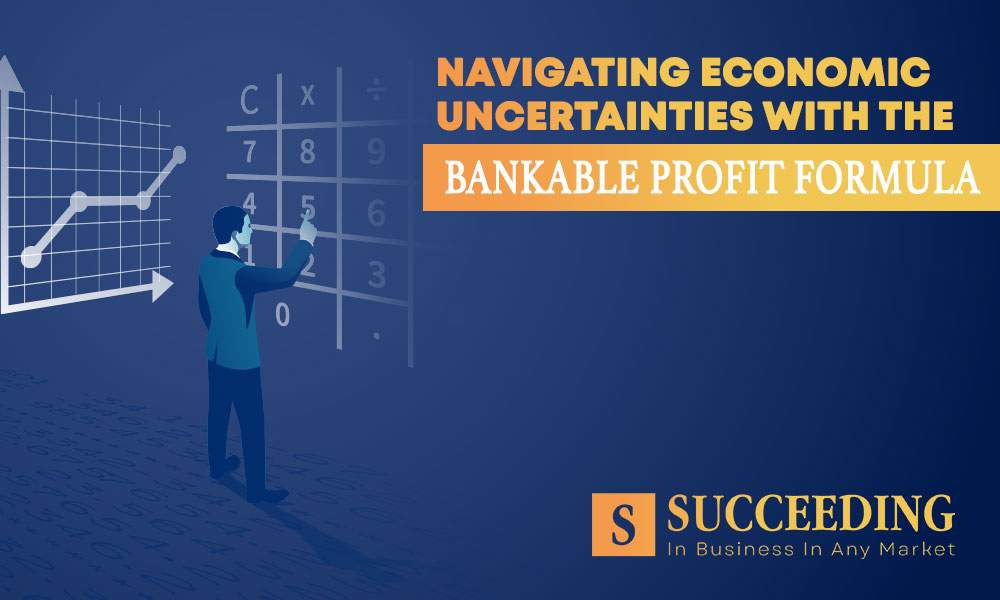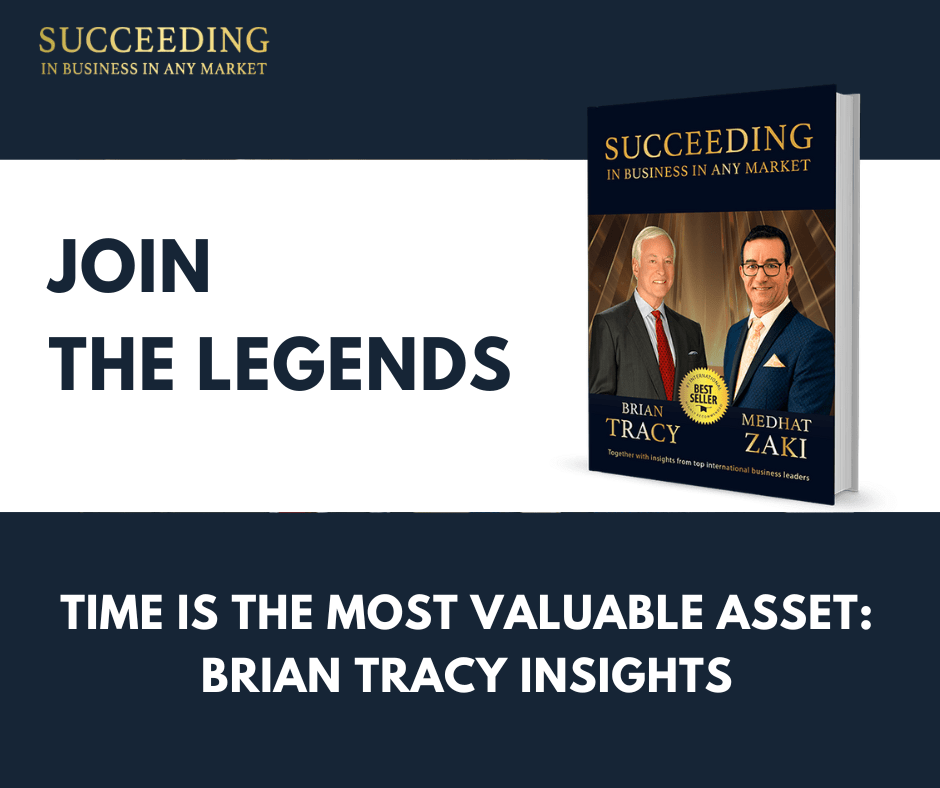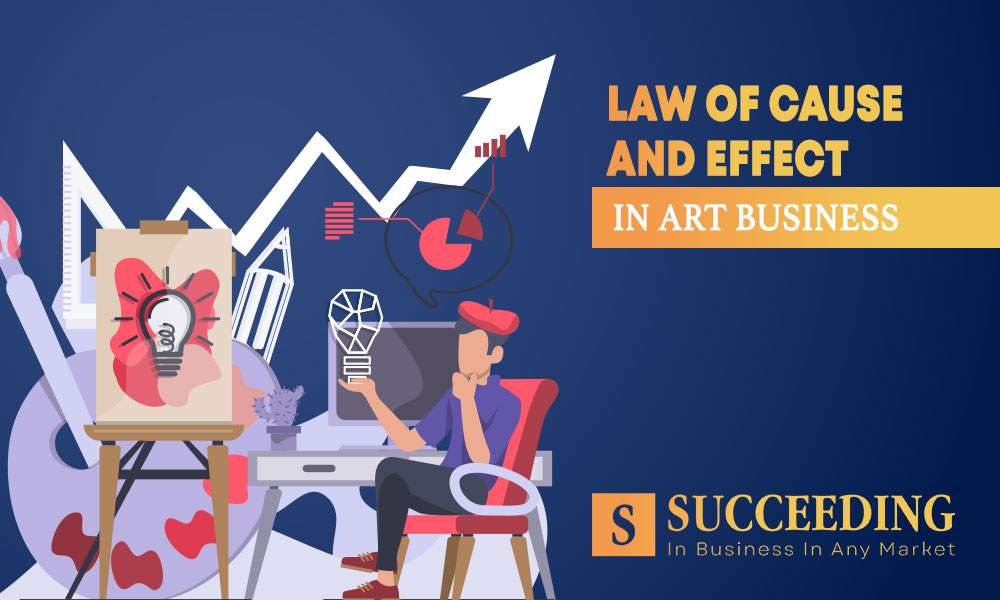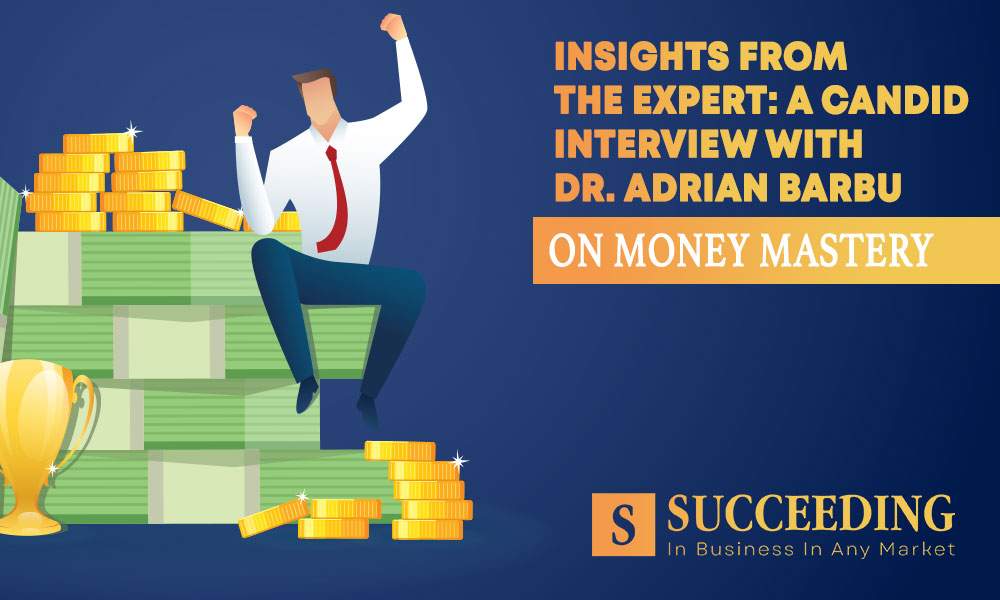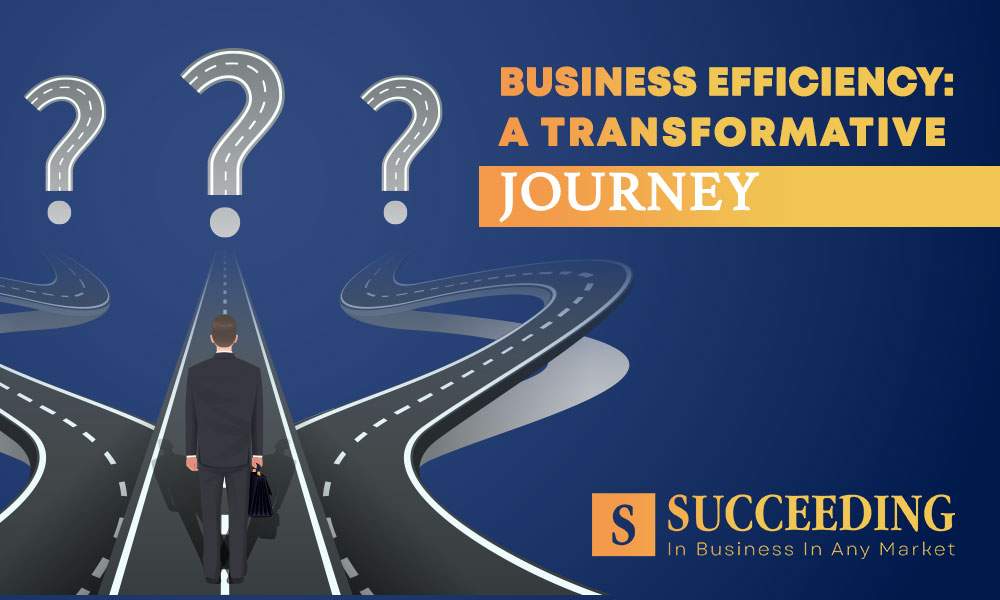Post Date: March 4, 2025

In the business world, confidence is essential, but it can be a double-edged sword when it turns into overconfidence. While confidence can inspire entrepreneurs and leaders to take bold steps, overconfidence can lead to ignoring risks, misjudging situations, and making potentially catastrophic decisions.
In this article, we will explore the impact of overconfidence bias on entrepreneurs and leadership and offer practical advice on balancing confidence with realism
1. What Is Overconfidence Bias and Why Is It Dangerous?
“Confidence is the key to success, but overconfidence can open the door to failure.”
Overconfidence bias refers to the tendency of individuals to overestimate their abilities or knowledge, leading them to make decisions without fully considering all factors or alternative perspectives. In business, this can result in major strategic mistakes, such as expanding too quickly, ignoring market warnings, or underestimating competition.
🔹 Brian Tracy says: “Successful leaders are those who listen more than they talk and think more than they act.”
Actionable Tip:
- Always analyze your decisions based on real data, not just gut feeling.
- Consult with your team or experienced advisors before making significant decisions
2. How Does Overconfidence Affect Business?
“Successful ventures are not just the result of boldness but of boldness combined with wisdom.”
✅ Unplanned Expansion: Overconfident entrepreneurs may expand their businesses before they are ready, leading to resource depletion and growth failure. ✅ Poor Risk Management: Assuming that the market will always favor you can result in neglecting potential risks, exposing the business to financial crises. ✅ Ignoring Expert Opinions: Overconfidence can cause entrepreneurs to dismiss analytical insights or expert advice, reducing their chances of success.
Actionable Tip:
- Conduct a risk assessment before any major expansion.
- Always ask yourself: “What is the worst-case scenario, and can I handle it
3. How to Avoid Overconfidence Bias and Achieve Balanced Success
“Successful leadership is a balance of confidence and humility.”
🔹 Be Open to Learning: The world is constantly evolving, and what worked in the past may not be effective today. 🔹 Gather Data Before Making Decisions: Do not rely solely on intuition—use analytical tools to understand your market position. 🔹 Embrace Constructive Criticism: Great leaders are those who listen to their teams and take their feedback into account.
🔹 Philip Kotler says: “The best leaders are those who recognize the limits of their knowledge and constantly strive to learn more.”
Actionable Tip:
- Attend workshops and training programs that enhance strategic thinking skills.
- Foster a culture of open discussions and data-driven decision-making within your organization
4. When Is Confidence Beneficial and When Is It Risky?
“True confidence comes from knowledge, while overconfidence comes from assumptions.”
✅ Positive Confidence:
- Motivates you to take initiative and build strong relationships.
- Helps you tackle challenges with a positive mindset.
❌ Overconfidence:
- Can make you ignore warning signs and negative market signals.
- May lead to making reckless decisions without considering consequences.
Actionable Tip:
- Before making a big decision, ask yourself: “Do I have strong evidence to support this decision, or am I relying purely on instinct?”
- Seek a second opinion from an industry expert
Conclusion: Balancing Confidence and Wisdom
Confidence is crucial for success, but it becomes risky when it turns into unchecked arrogance. Great leaders and successful entrepreneurs balance self-assurance with humility, listen to expert opinions, and make decisions based on data and careful analysis.
Have you ever experienced a situation where overconfidence negatively impacted a decision? Share your experience in the comments
